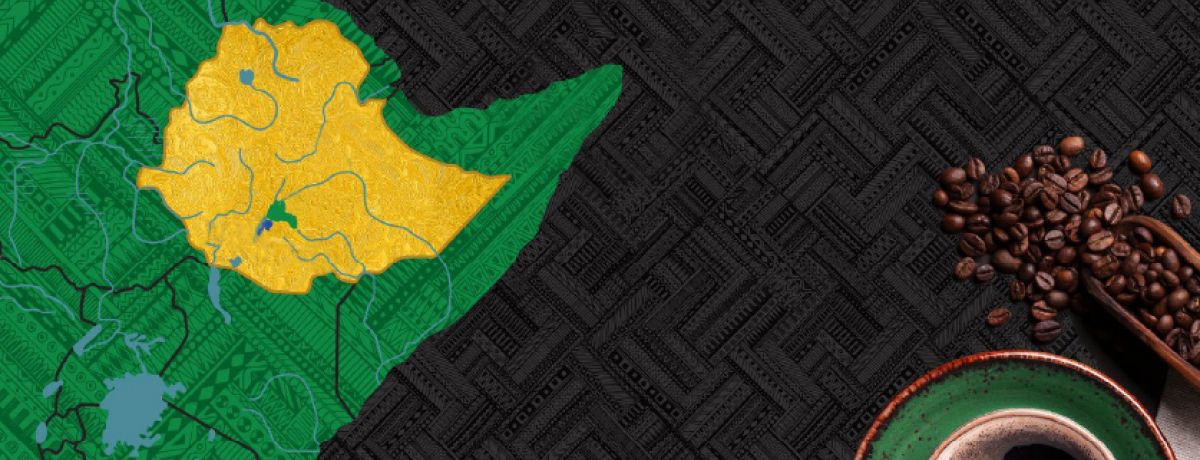
How was “Bunna” discovered?
Various historic sources have reported that the term “coffee” originates from Kaffa, a region in the southwest of Ethiopia. Coffee is “Bunn” or “Bunna” in most Ethiopian languages, it is called “Tukke” in the Sidama language, “Kahwah” in Arabic, and “Kahveh” in Turkish.
While no one really knows the exact moment that coffee was found for the first time in history, there are several hypotheses. One of the most common theories about the coffee origin is that it is found somewhere around the 11th century, which says it comes from Ethiopia.
Where Kaldi the shepherd of goats discovered the potential of the beloved beans first. The history is that Kaldi discovered coffee after he saw that the goats did not want to sleep at night after they had eaten the berries from a certain tree. Kaldi reported his findings to the abbot of the local monastery, who made a drink with the berries and found that it kept him alert through the long hours of evening prayer. The abbot shared his discovery with the other monks at the monastery, and knowledge of the energizing berries began to spread
A French cultural anthropologist and botanist, Jacques Mercier, described how three men, Abol, Atona, and Baraka left on a retreat in search of god and hoping to receive the manna (food) from the sky. Nothing came down and they almost starved to death. Finally, God appeared to them and he described to them the miraculous impact of two different remarkable plants, “kat” and “coffee”. His advice was to chew the leaves of the first plant and to make a special preparation of the second plant, which comprised of roasting the berry, and to create an infusion by boiling the roasted product. Miraculously, their hunger disappeared and they were able to continue their journey. According to the story, each of the men prepared three consecutive infusions. The first infusion is called “Abol” (from the Semitic word for “awal” or first), the second one is “Atona” or “Tona” (from the Semitic “it” or second) and the final infusion is “Baraka”, meaning blessing, indicating a rite that takes place at the end of the coffee session.
Another story has been reported by the French ethnologist Marcel Griaule. During his visit to Zege, he documented a myth about the origin of coffee telling the story of a local saint Batra Maryam, who lived in the 17th century. During one of his prayer sessions, he drove his “mekuamia” (measuring stick) into the ground. Miraculously, the stick developed roots and a coffee tree started growing which produced berries. According to the story, this is how coffee was first planted in Zege
Reference
1. www.ncausa.org. The History of Coffee. Available at: https://www.ncausa.org/about-coffee/history-of- coffee#:~:text=An%20Ethiopian%20Legend&text=There%2C%20legend%20says%20the%20goat,want%20to%20sleep%20at%20night.[Accessed 10 February 2021 ]
2. Jebena Coffee Marketing in Ethiopia- Ethiopia Land of coffee’s Heritage(2013)
